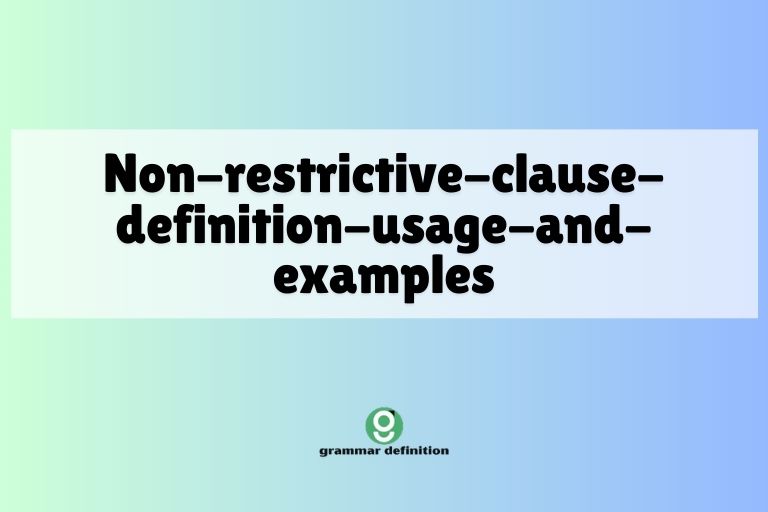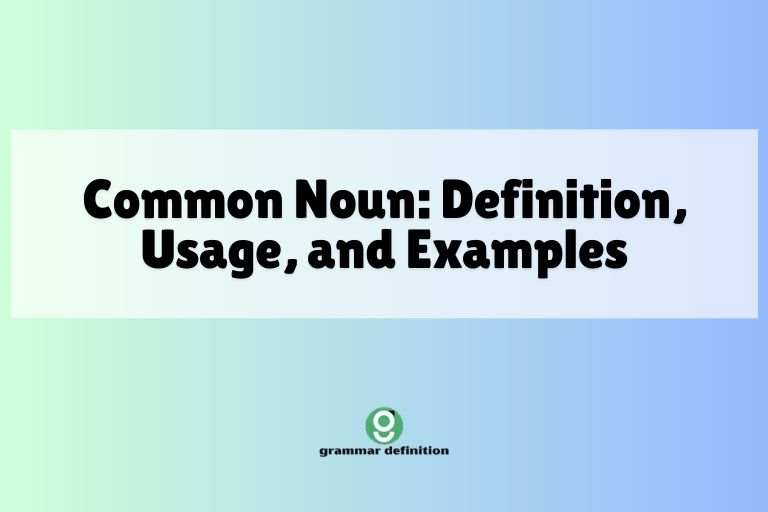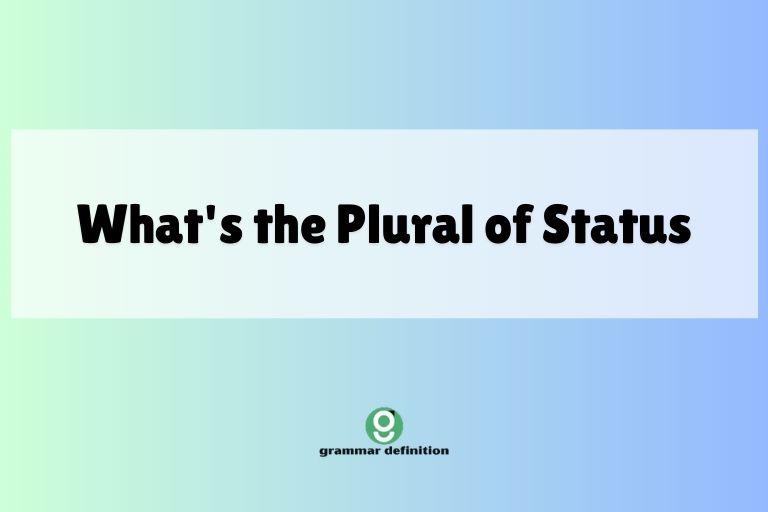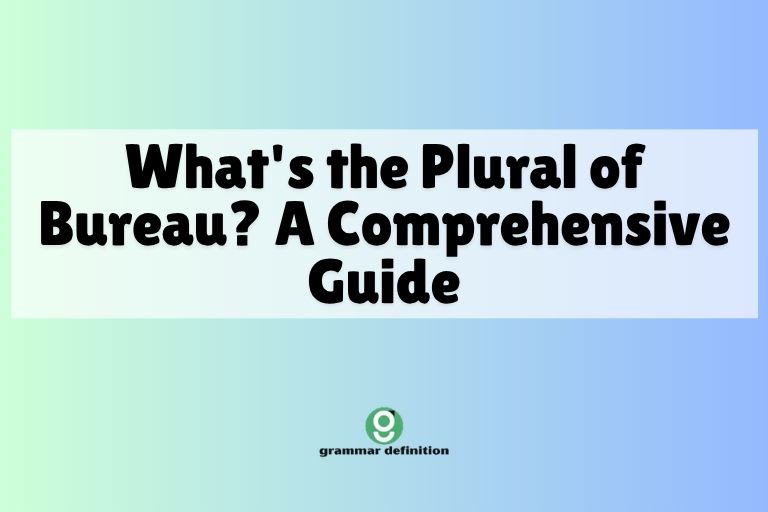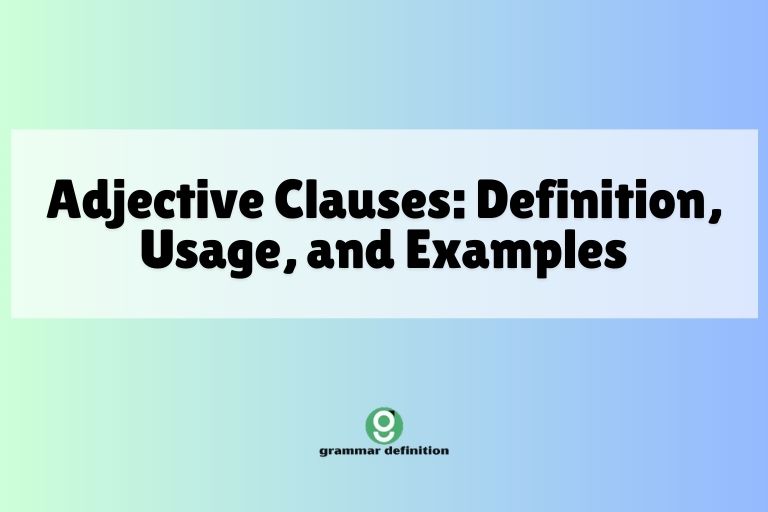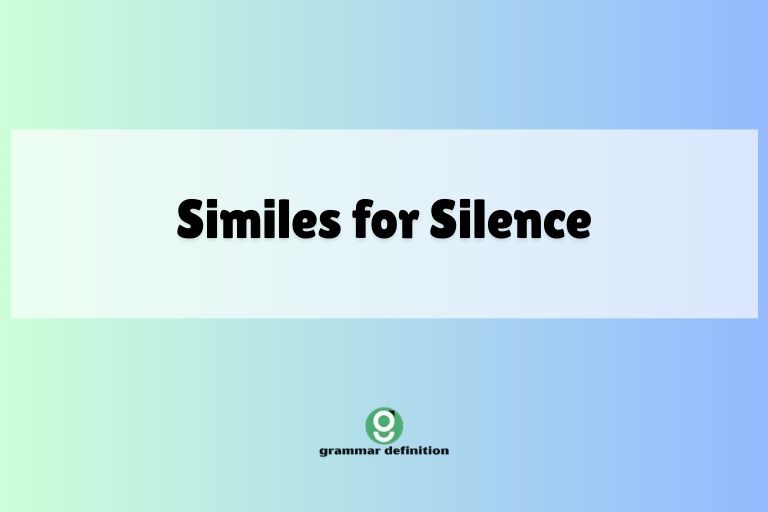Beyond “Sorry”: Alternatives for Apologizing for Inconvenience
Apologizing for an inconvenience is a fundamental aspect of effective communication, demonstrating empathy and respect for others. While “sorry for the inconvenience” is a common phrase, relying on it exclusively can sound repetitive and insincere. Mastering a range of alternative expressions allows you to tailor your apology to the specific situation, conveying genuine remorse and … Read more


